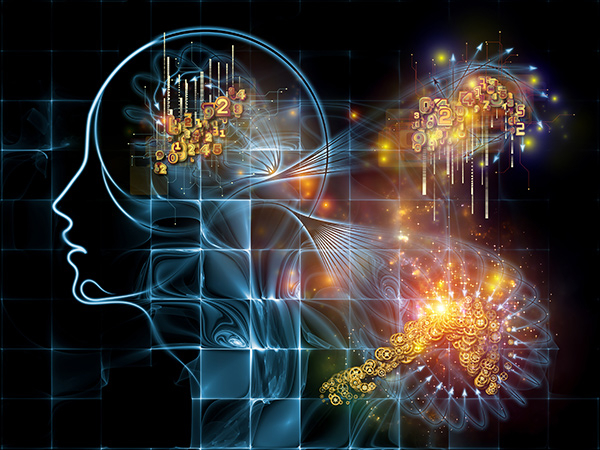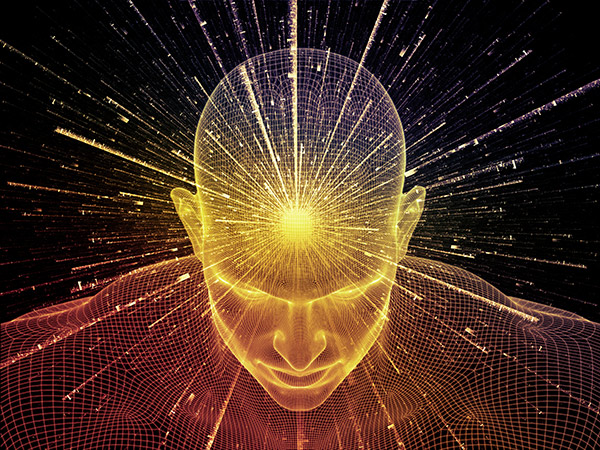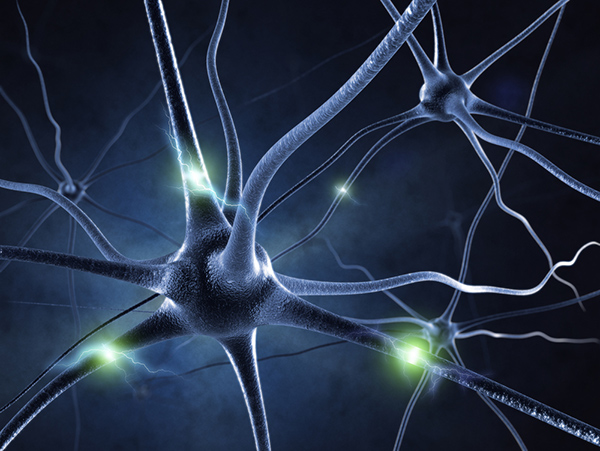Chronic Pain Expert Witness
Contact Dr. NairChronic Pain – A Multidimensional Experience
Chronic pain is defined as pain at least once a week of greater than 6 months’ duration. Chronic pain is a common complication of TBI and contributes to morbidity and potentially poor recovery after brain injury. Patients who appear clinically to have less severe brain injuries may, in fact, develop more pain symptoms.
Traumatic Brain Injury (TBI), Chronic Pain and Psychological Trauma (PTSD) form a triad or self-reinforcing brain injuries. TBI is often complicated by Chronic Pain and PTSD. This combination of disorders results in longer periods of disability, poorer outcomes and more complications.
Complications include: Psychiatric conditions (depression/anxiety/loss of touch with reality/attention/concentration); opioid and other substance abuse problems; obesity and diabetes.
Even those with relatively mild brain injuries may develop severe, chronic pain problems. Three out of four mild TBI subjects had pain problems and one out of three had chronic pain.
Iraq and Afghanistan veterans with TBI, PTSD and chronic pain are more likely to get arrested and jailed for violent lawbreaking. Additionally, veterans diagnosed with PTSD are more likely to use and/or abuse opioids chronically.
“Eighty percent of participants met criteria for at least one of seven assessed comorbid problems (moderate or severe pain, Postconcussional disorder, posttraumatic stress disorder [PTSD], anxiety disorder, mood disorder, substance use disorder, psychosis) and 59 percent met criteria for two or more problems. PTSD and Postconcussional disorder rarely occurred in the absence of pain or other comorbidities.”
Reference:
Phillips, et al. Pain and psychiatric comorbidities among two groups of Iraq and Afghanistan era Veterans. Journal of Rehabilitation Research & Development (JRRD) 2016.
“PTSD may mediate chronic pain, but brain injury appears to have an independent correlation with chronic pain. Chronic pain is a common complication of TBI. It is independent of psychologic disorders such as PTSD and depression and is common even among patients with apparently minor injuries to the brain.”
Reference:
Nampiaparampil. Prevalence of chronic pain after Traumatic Brain Injury: A systematic review. JAMA, August 13, 2008—Vol 300, No. 6.
““The diagnosis and management of subjects with PTSD and TBI is a particularly difficult clinical challenge. Medications used for treating pain may worsen TBI related cognitive symptoms; stimulants which may help mental functioning in TBI may make PTSD worse. Those diagnosed with both PTSD and TBI require more careful treatment provided in a coordinated manner by a team of experts.
Medications used to prevent headaches after TBI may adversely affect cognition, SSRIs used to treat anxiety in PTSD or SNRI antidepressants used to treat chronic pain can increase the risk of serotonin syndrome in a patient taking Tramadol for pain.”
Reference:
Capehart, et al. Review: Managing posttraumatic stress disorder in combat veterans with comorbid traumatic brain injury. Journal of Rehabilitation Research & Development (JRRD) Volume 49 Number 5, 2012.
“Comorbid PTSD and mTBI is associated with increased self-reported pain intensity. mTBI alone was not associated with increased pain.” mTBI may be a contributing factor in perceived pain intensity when PTSD is also present.
Reference:
Stojanovic. Influence of Mild Traumatic Brain Injury (TBI) and Posttraumatic Stress Disorder (PTSD) on Pain Intensity Levels in OEF/OIF/OND Veterans. Pain Medicine 2016; 17: 2017–2025.
“PTSD mediates the relationship between mTBI and physical symptoms; PTSD mediates the relationship between mTBI and general health, psychosocial difficulties and perceived barriers to care in OEF/OIF veterans.”
Reference:
Pietrzak. Posttraumatic Stress Disorder mediates the relationship between Mild Traumatic Brain Injury and health and psychosocial functioning in Veterans of Operations Enduring Freedom and Iraqi Freedom. The Journal of Nervous and Mental Disease • Volume 197, Number 10, October 2009.
Polytrauma Clinical Triad(TBI; PAIN; PTSD)
The constellation of TBI, PTSD and pain – the afflictions most frequently seen in service members returning from Iraq and Afghanistan who exhibit polytrauma – is known as the “polytrauma triad.”
“Of the large and increasing numbers of Veterans from the OIF/OEF/OND wars who accessed the VHA for healthcare over a 3-year period approximately 10 percent were diagnosed with TBI, 30 percent with PTSD, and 40 percent with pain, and approximately 6 percent had all three diagnoses or the polytrauma triad.Among those with a TBI diagnosis, the majority had a clinician-diagnosed mental health disorder and approximately half of those with TBI had both PTSD and pain”
Reference:
Traumatic brain injury, posttraumatic stress disorder, and pain diagnoses in OIF/OEF/OND Veterans Cifu et al JRRD, Volume 50, Number 9, 2013
Pain, PTSD, and TBI often overlap. For example, poor concentration is often associated with both PTSD. Depressed mood is common in both chronic pain and PTSD. Accurately diagnosing and treating symptoms caused by overlapping conditions is more difficult. Sleep disturbances, cognitive and emotional problems, associated with PTSD makes it that much more difficult to deal with when the person also has TBI. The presence of TBI/ PPCS (persistent postconcussive symptoms), affects an individual’s resilience in overcoming PTSD or coping with chronic pain. Flare-ups of chronic pain trigger PTSD-related thoughts, while PTSD symptoms such as hyperarousal may increase pain intensity.
Reference:
Prevalence of chronic pain, posttraumatic stress disorder, and persistent postconcussive symptoms in OIF/OEF veterans: Polytrauma clinical triad Lew et al Journal of Rehabilitation Research & Development Volume 46, Number 6, Pages 697–702 2009

Among the most disabling of medical conditions, affecting about 1.5 million individuals every year.

A psychiatric disorder that develops in a significant minority of subjects exposed to serious and life threatening events.

Chronic pain is a multidimensional experience with biological, psychological and social components.
